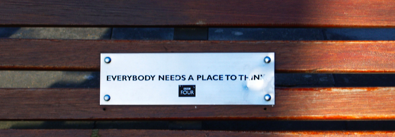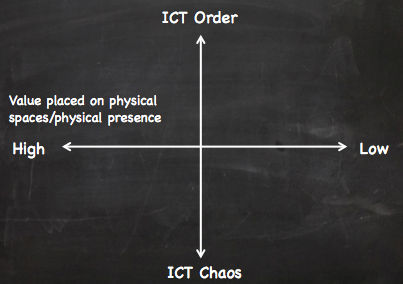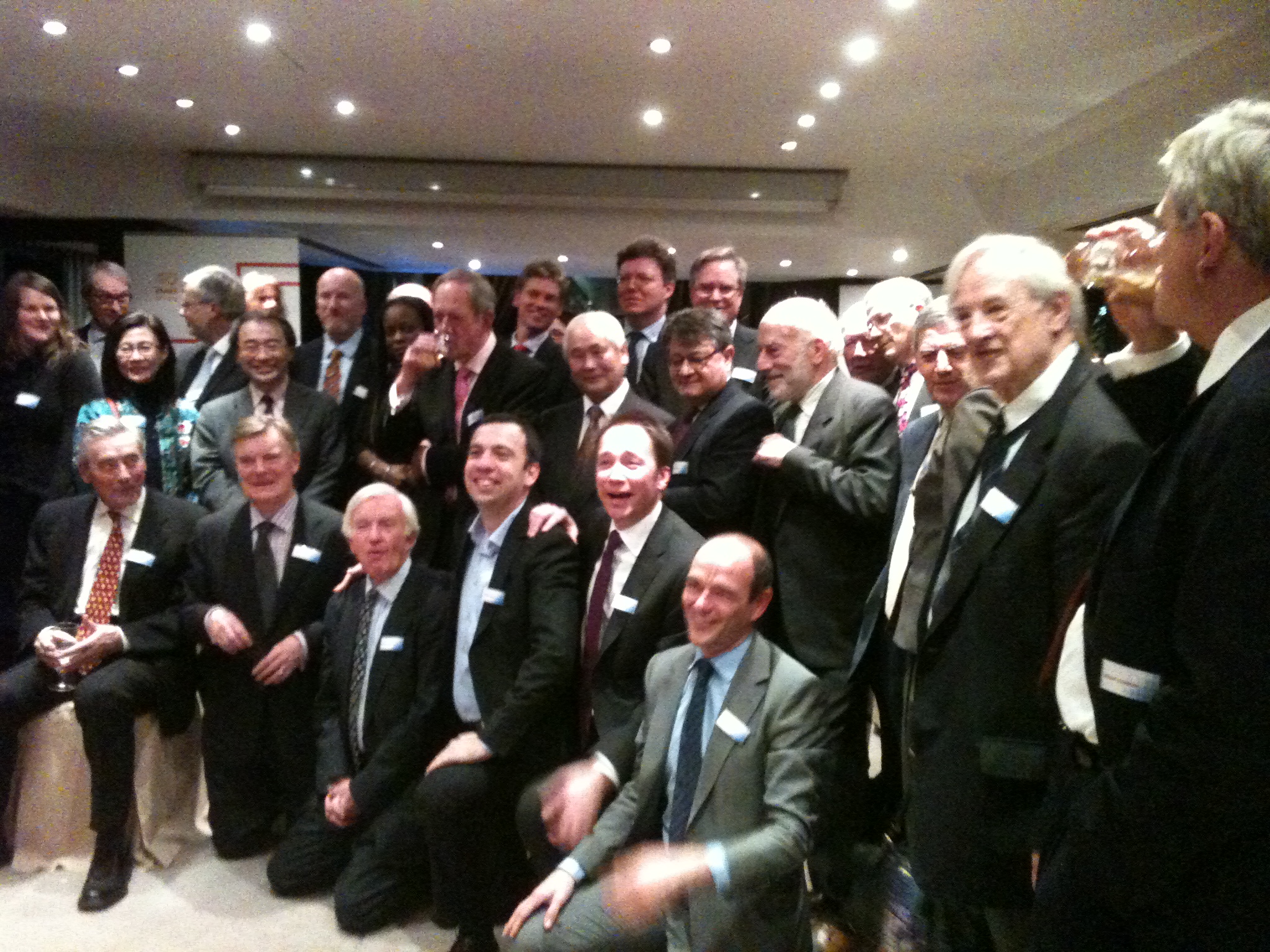A report by the National Organisation of University Art Schools in Australia says that schools should be teaching ‘visuacy’. The National Association for the Visual Arts (NAVA) is similarly focusing on the “outcome” of visuacy being a stand-alone subject for years K-10 and the National Review of Visual Education says visuacy should be given the same prominence as literacy and numeracy.
So what is this strange new skill that will be so fundamental to students in the 21st Century? Judging by the fact that the report cites the example of deconstructing an advertisement for Elle Macpherson’s kickers to establish “conditions of value and meaning” alongside an examination of Picasso’s Guernica, visuacy appears to mean visual literacy plus post-modernism minus a sense of humour.
Doubtless members of the Visual Education Roundtable (“a coalition of key stakeholders to be an advisory body to CMC and MCEETYA”) will paint me as a pedantic philistine, but I can live with that. Newspeak like this is a mutant life form from outer space (i.e. certain parts of Canberra, Westminster and Washington) and needs to be killed off before it infects the whole planet.
To put the record straight I’m all in favour of visual literacy. So is my mum, who used to be an art teacher. Our brave new world is saturated with images and it’s going to get much worse in the future. Everything from walls and tabletops to cereal packets and clothing will soon have the potential to become screens displaying the almost infinite amount of information and entertainment created by you, me and everyone else.
Thus we will be drowning in digital dross and there will be a real need to filter this material, either by visualising information or by understanding the difference between stylish eye candy and items of real substance.
But according to post-modernist academics with a love of Jerry built jargon all of this imagery is of equal value. A video by Kylie is as meaningful as a painting Van Gogh. We should be so lucky. My point here is not a discussion about postmodernism. What’s getting my goat is simply the use of bad language, especially in schools. Yes we live in a visually cluttered culture, but that doesn’t mean that words don’t matter.








